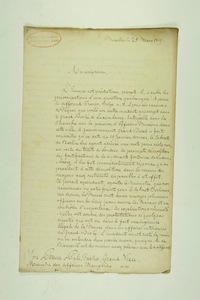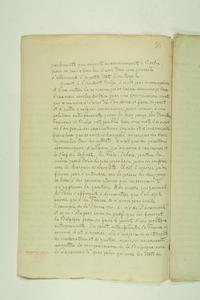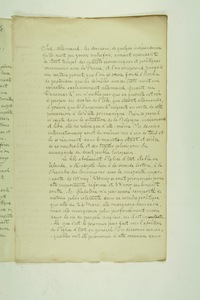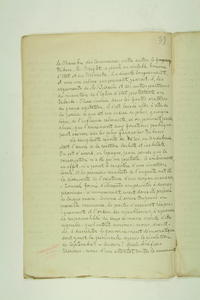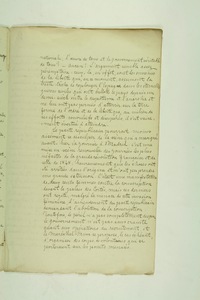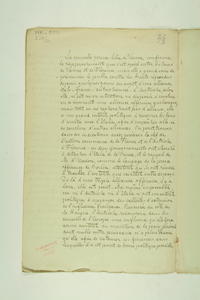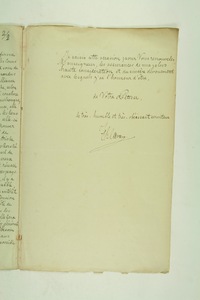Ottoman Diplomats
Letters from the Imperial Legation in Brussels (1849–1914)
Synopsis
Prussian officers had prompted the government of Luxemburg to demolish its fortification Some Luxemburgish deputies complained about the Prussian illegal interference with Luxemburg’s Internal Affairs, but the incident did not escalate. Glavany explains why: Bismarck was too busy in Prussia to worry about such a small state. Furthermore, Glavany reports that the Belgian railroad incident was not solved yet, but he believed in a conciliatory solution, for it was only a matter of economics. The Belgian Prime Minister Frère-Orban and marquis de Lavalette would go to the conference in Paris themselves, to contribute to the examination of the case. Glavany shows his approval of the moderate French attitude, in contrast with the attitude of the Prussians towards Denmark. He underlines that Belgium stayed free, independent and neutral. About Britain, he notes that the bill abolishing the state religion in Ireland had been adopted by the House of Commons, by a large majority of votes. Glavany summarizes the debates (with a surprisingly calm Disraeli, opposing against the bill) and sees it as Gladstone’s biggest victory so far. Glavany also reports about the Carlist and Isabelline revolts in Xerès in Andalusia. He sees them as the real enemies of liberty, for they caused perpetual civil wars in Spain. In Madrid, there had been a demonstration of 200 women against compulsory military service. From the new free press in Vienna, Glavany learned about the confirmation of a rapprochement between Vienna and Florence. There was no official alliance between Austria, France and Italy, but Glavany remarks that Austria and France tried to disconnect Italy from Prussia.
Facsimiles
How to cite
If you use this website for your own research, we kindly ask you to mention the following reference in your publications:
Consulted online at Ottoman Diplomats: Letters From the Imperial Legation in Brussels (1849–1914) (2014 Edition), Centre for Political History (PoHis), University of Antwerp, <http://dighum.uantwerpen.be/ottomandiplomats/>.
